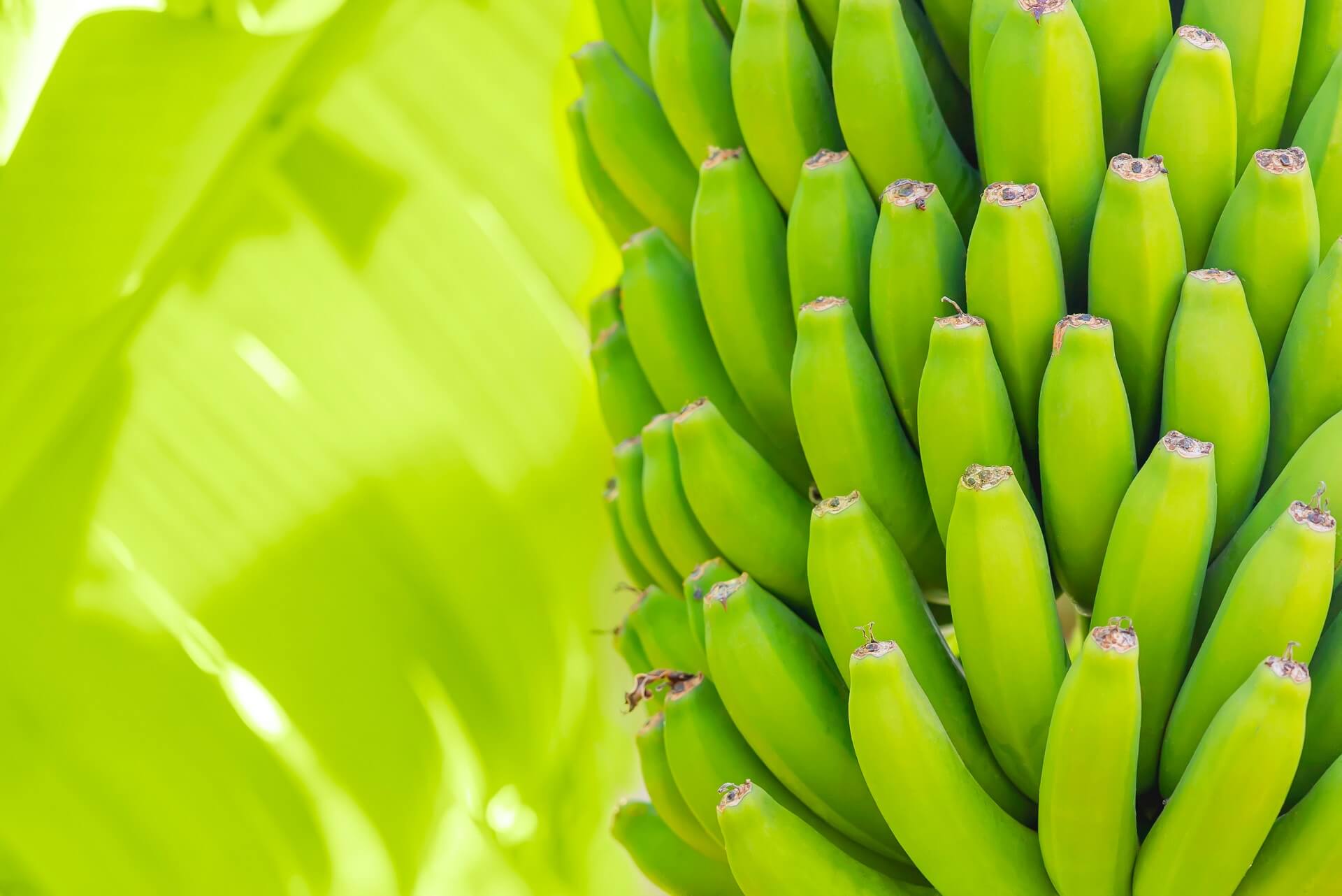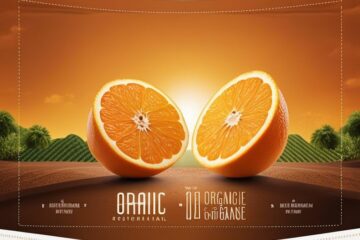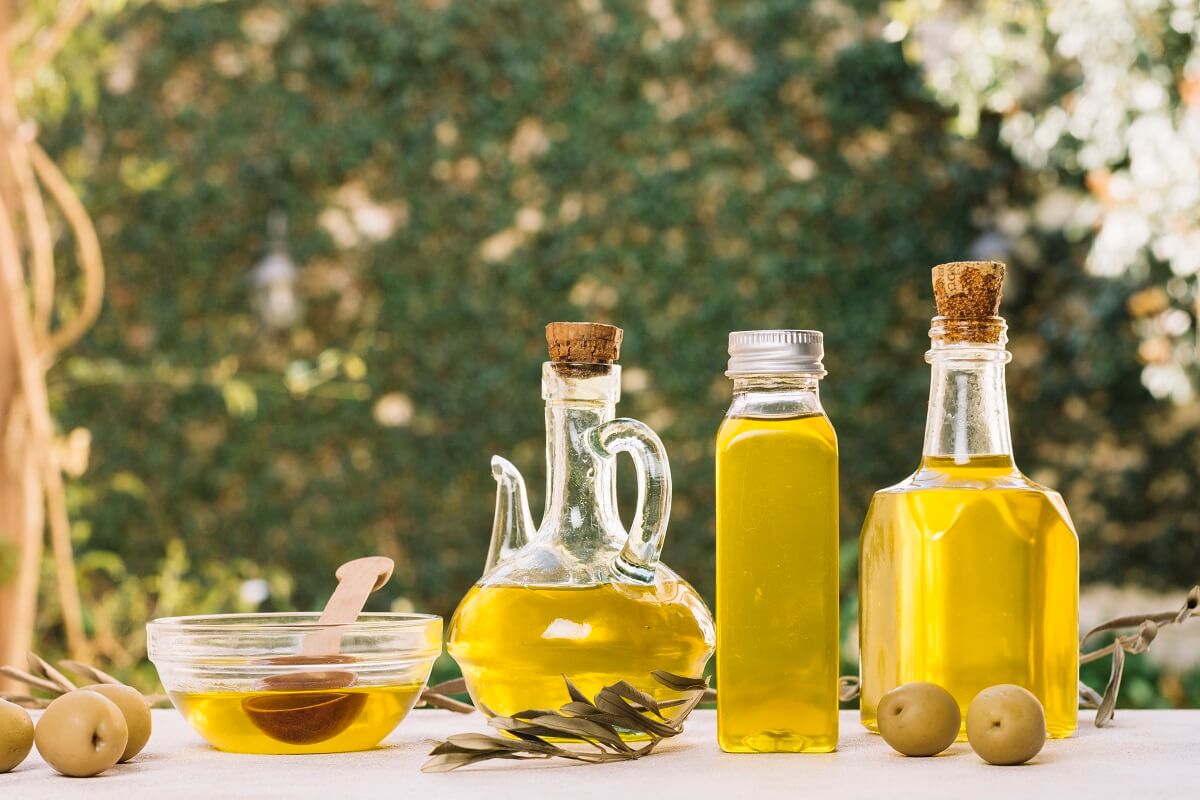Bananas are one of the most popular fruits in the world. In many homes, they’ve become more common than apples or pears. They’re sweet, convenient, and above all – healthy. It’s no surprise that they’re a go-to snack for athletes, kids, and busy professionals alike. But have you ever wondered whether it’s worth paying more for organic bananas? Are they really that different from regular ones? In this article, we’ll take a closer look at the differences between organic and conventional bananas, and help you decide which type is right for you.
Table of Contents
Quick Comparison Table: Organic vs Regular Bananas
Before diving deeper, here’s a quick comparison table that highlights the key differences between organic and regular bananas. It offers a clear overview of what sets them apart in terms of farming practices, nutritional value, environmental impact, and more:
| Comparison Point | Organic Bananas | Regular Bananas |
|---|---|---|
| Farming Method | Natural, chemical-free | Uses synthetic pesticides |
| Certification | Yes (Organic/BIO) | No |
| Nutrient Content | Slightly higher in antioxidants | Similar core nutrients |
| Price | Higher | Lower |
| Environmental Impact | Lower | Higher |
What Are Organic Bananas?
Organic bananas are grown according to strict farming standards that limit or completely eliminate the use of synthetic pesticides, herbicides, and fertilizers. Instead, farmers rely on natural methods like composting, crop rotation, and biological pest control.
To be sold as “organic,” bananas must meet specific certification standards (e.g. USDA Organic, EU Organic). These certifications ensure that the entire growing process – from soil to harvest – follows environmentally friendly and sustainable practices.
Organic Bananas: No Synthetic Chemicals
One of the main reasons people choose organic produce is to avoid chemical residues. While conventional bananas are usually sprayed with pesticides to protect them from pests and extend shelf life, organic bananas are grown without synthetic chemicals.
This means:
- No artificial fertilizers
- No pesticides or fungicides that can leave residue on the skin
- Fewer potential allergens or irritants
Organic bananas are also never genetically modified (GMO-free), and are often grown in smaller, more biodiverse farms that aim to preserve soil quality and ecosystem balance.
Nutritional Differences – Is There a Big Gap?
Nutritionally, both organic and conventional bananas contain similar levels of key nutrients. All bananas are rich in:
- Potassium – supports heart and muscle function
- Vitamin B6 – important for metabolism and brain health
- Vitamin C – supports immune function
- Fiber – aids digestion
However, organic bananas may retain slightly more antioxidants and micronutrients due to the natural soil quality and slower growth. The difference isn’t huge, but it can matter over time – especially if bananas are a regular part of your diet.
Are Regular Bananas Harmful?
Regular bananas are not “harmful” by default – they’re still a good source of nutrients. However, the concern lies in the potential chemical residues from conventional farming. Though these are often within “safe” limits, people looking to reduce their exposure to pesticides or support more sustainable agriculture may prefer to go organic.
It’s also worth noting that banana peels – while not commonly eaten – can absorb chemical treatments, which might matter if you’re using them in smoothies or composting them at home.
Environmental Impact – Organic vs Conventional Farming
Choosing organic bananas isn’t just about personal health – it’s also a more eco-conscious decision. Organic banana farms typically:
- Use less water
- Avoid soil degradation
- Promote biodiversity
- Produce less pollution from chemicals
Conventional banana farming, especially on a large scale, has been linked to deforestation, soil exhaustion, and heavy pesticide use – which can harm both workers and local ecosystems.
Are Organic Bananas Worth the Higher Price?
Organic bananas often cost more – sometimes 20–50% more depending on the store or country. But what are you really paying for?
✅ Fewer chemicals in your diet
✅ Better environmental practices
✅ Support for sustainable farming communities
✅ Often fresher taste and texture
If you’re trying to eat more consciously, organic bananas can be a great step in the right direction. But if your budget doesn’t allow it, regular bananas are still a healthy choice compared to processed snacks.
Do Organic Bananas Last Longer?
In general, organic bananas do not last longer than regular ones — in fact, they often ripen faster. This is because they are not treated with artificial preservatives or ripening inhibitors, which are commonly used in conventional banana farming to extend shelf life and slow down the ripening process during transport.
However, the upside is that:
- You’re avoiding unnecessary chemicals.
- You’re getting bananas in a more natural and fresher state.
- The flavor is often richer and more intense.
To extend the life of organic bananas at home:
- Store them at room temperature until ripe.
- Once they ripen, you can refrigerate them (the skin will darken, but the fruit will stay fresh).
- Or freeze them for smoothies or baking later.
How to Spot Organic Bananas in the Store
Look for these clues:
- Stickers or labels like “Organic” or “BIO”
- Certification marks (e.g. USDA Organic, Soil Association, EU Organic Leaf)
- Sometimes slightly smaller in size or less perfectly shaped
Some supermarkets also use PLU codes:
- 94011 = organic banana
- 4011 = conventional banana
Final Thoughts – Which Bananas Are Right for You?
Both organic and regular bananas have their place in a healthy diet. If you can afford the extra cost and want to avoid chemical exposure or support better farming practices, organic bananas are a great option. But if not, don’t worry – eating any kind of banana is still a far better choice than reaching for junk food.
Whatever you choose, the most important thing is to enjoy bananas as part of a balanced, varied diet.

Our contributing author is a passionate advocate for eco-friendly living and sustainability. With a background in eco-life, they are dedicated to inspiring and empowering individuals to adopt environmentally conscious lifestyles. Through insightful articles, they share practical tips, innovative solutions, and thought-provoking perspectives to promote a greener, more sustainable world. Join them on the journey towards eco-smart living and discover how small choices can make a big impact. 🌱









